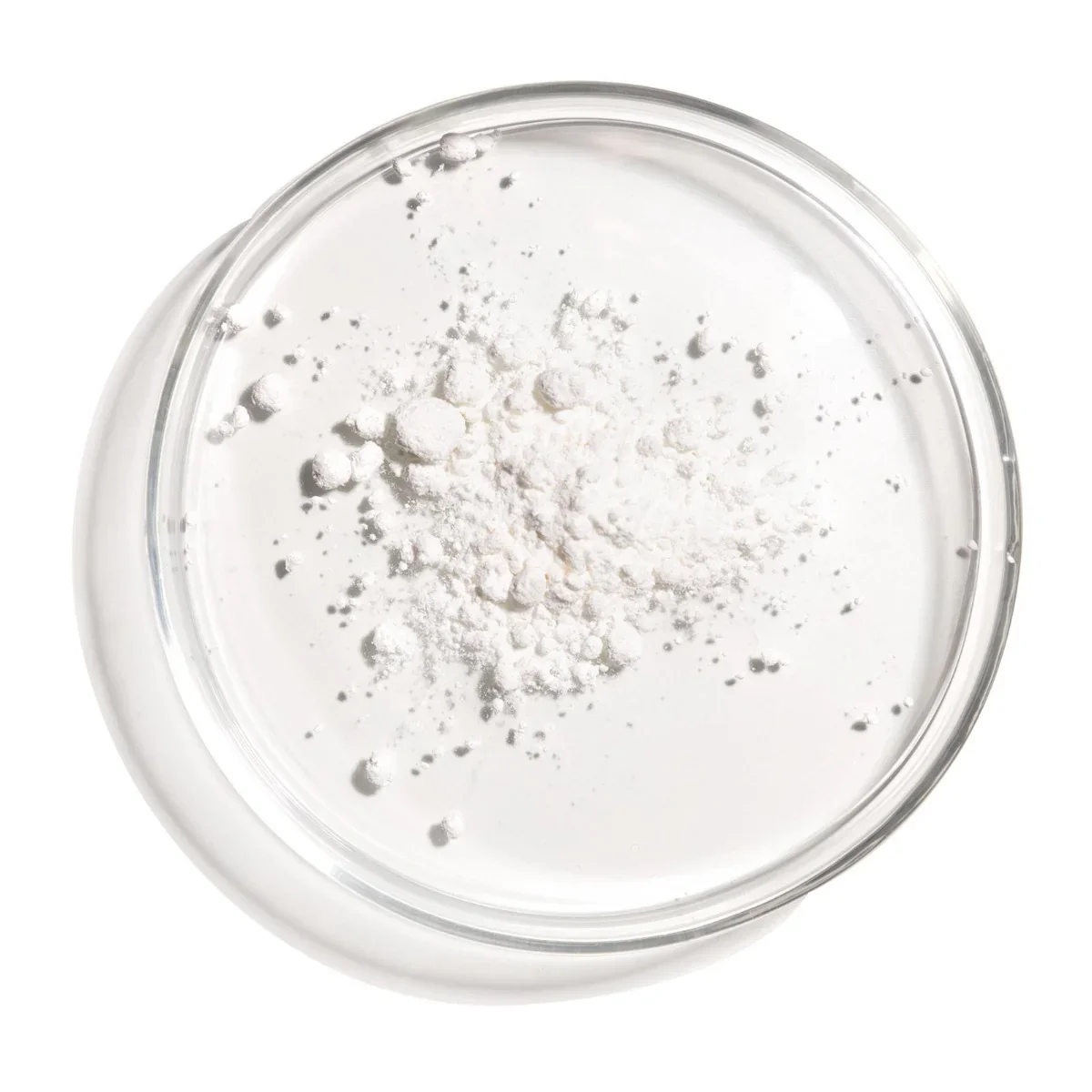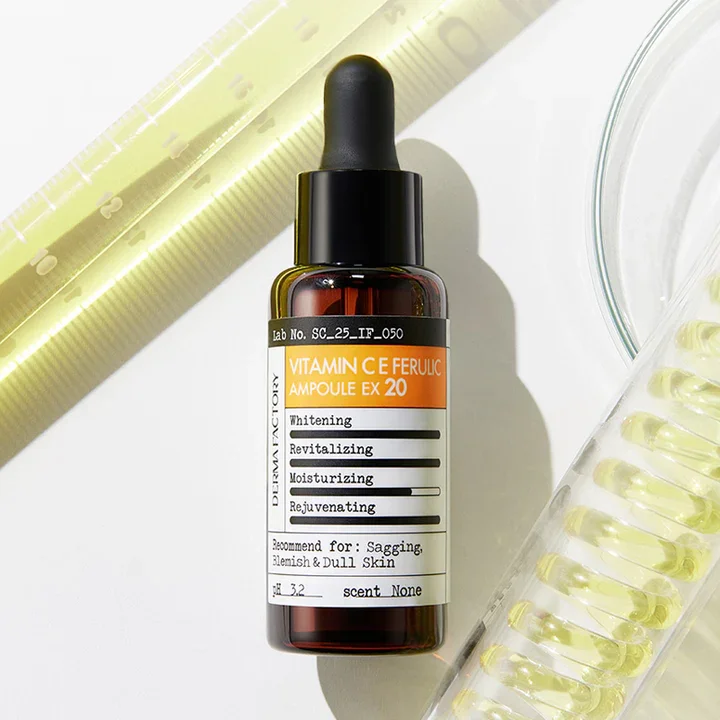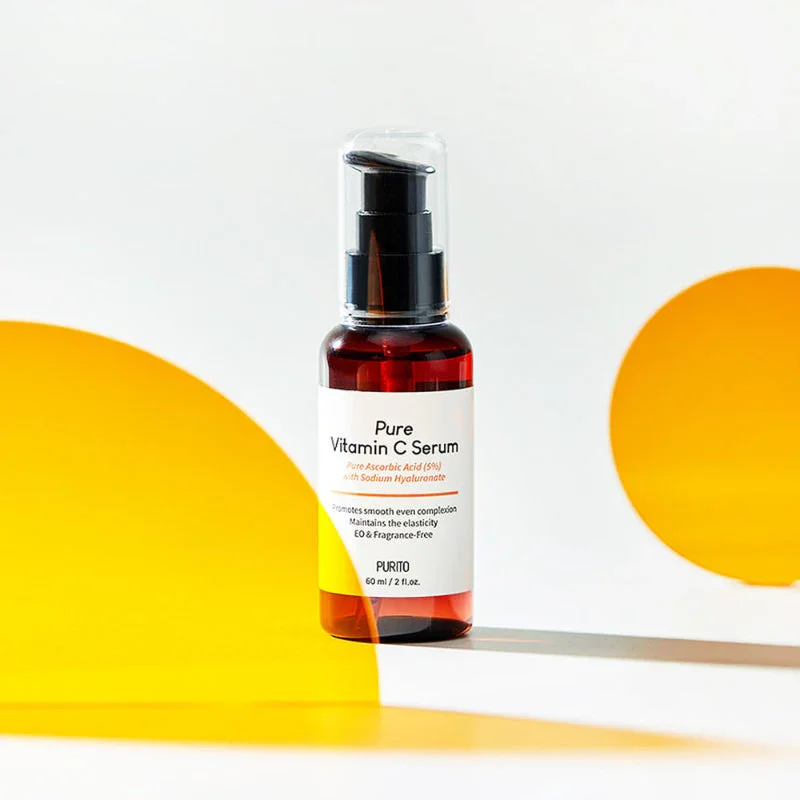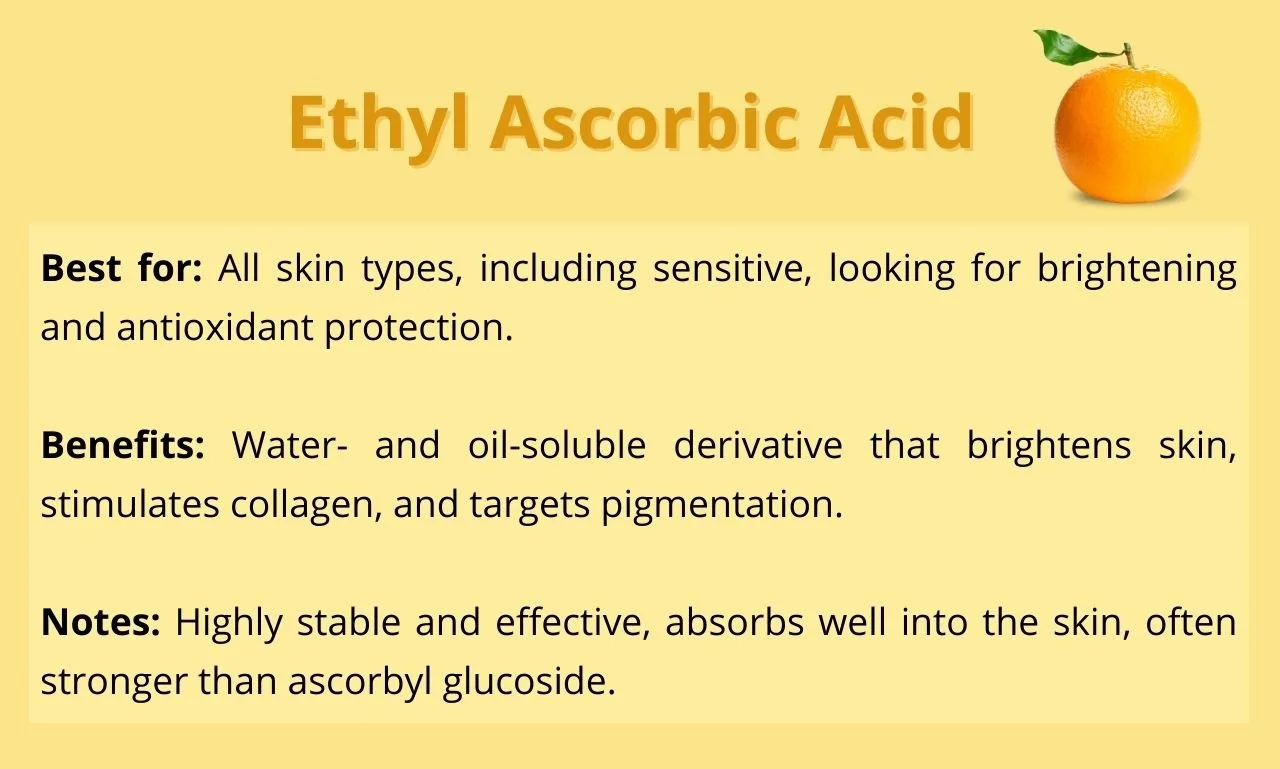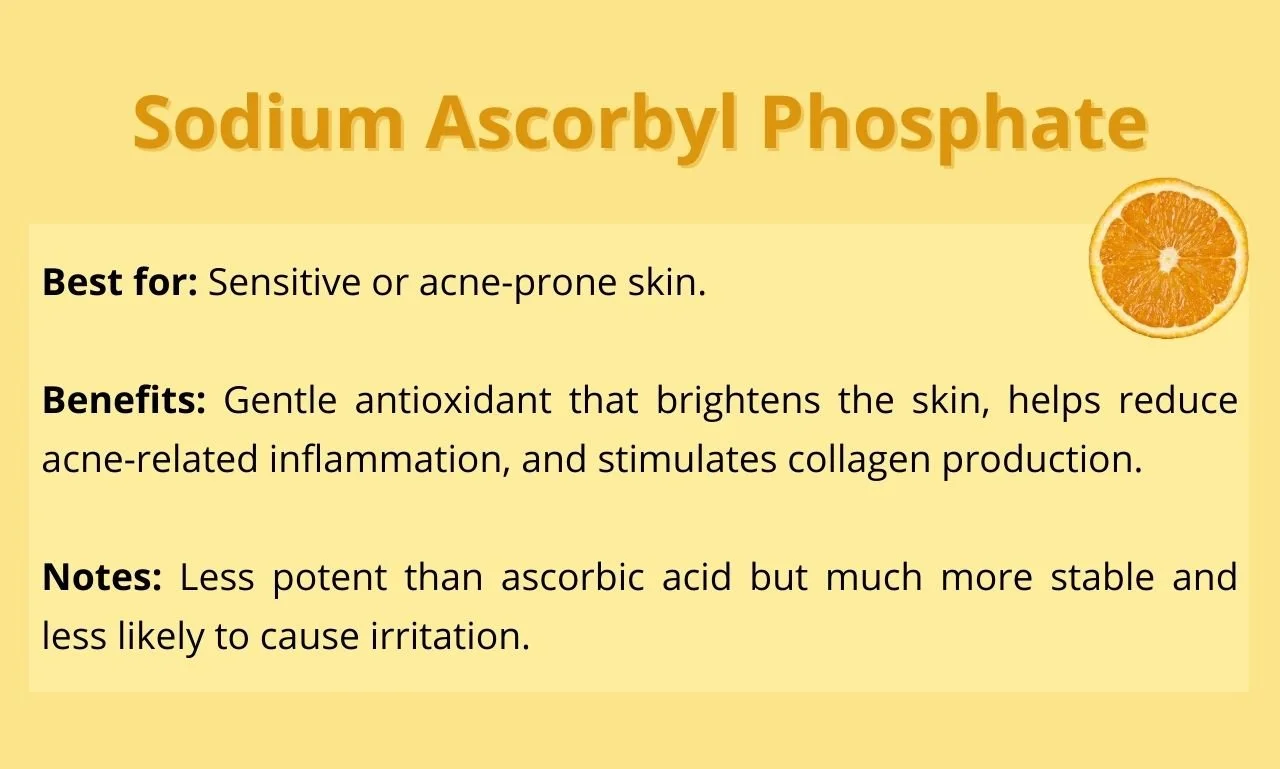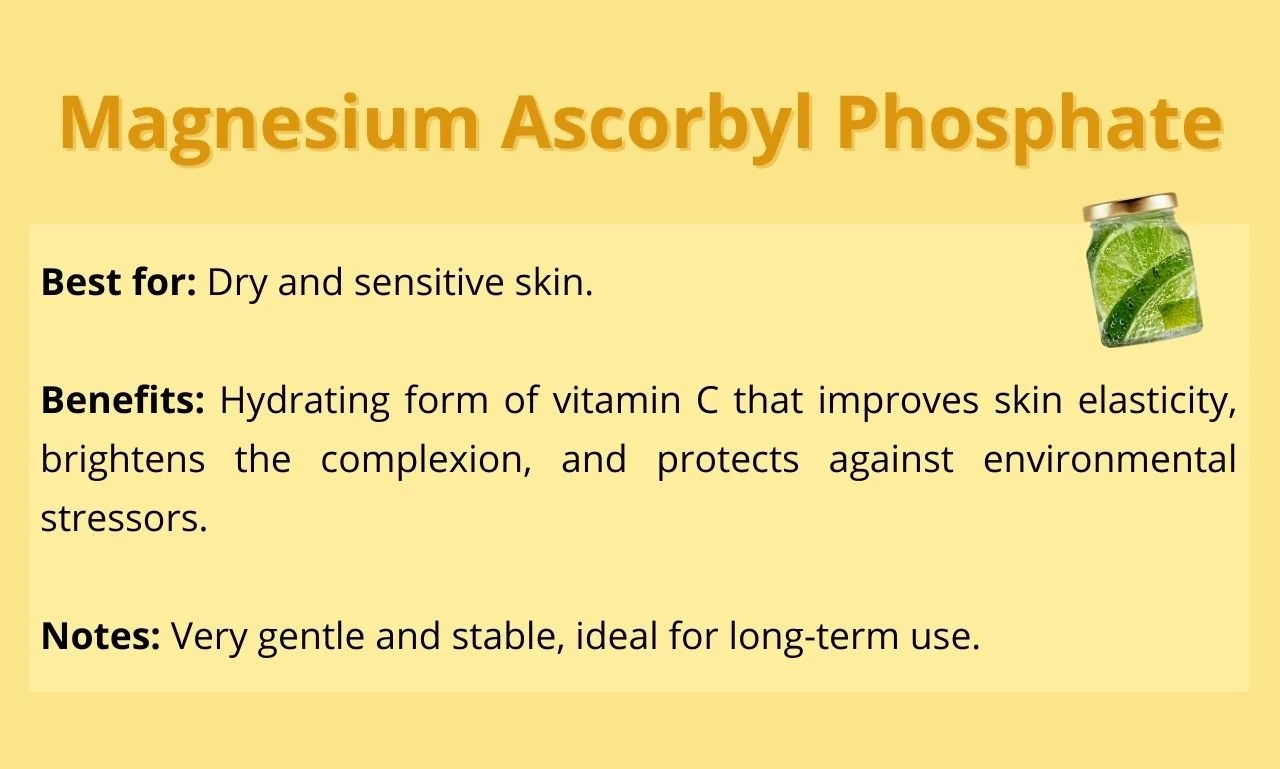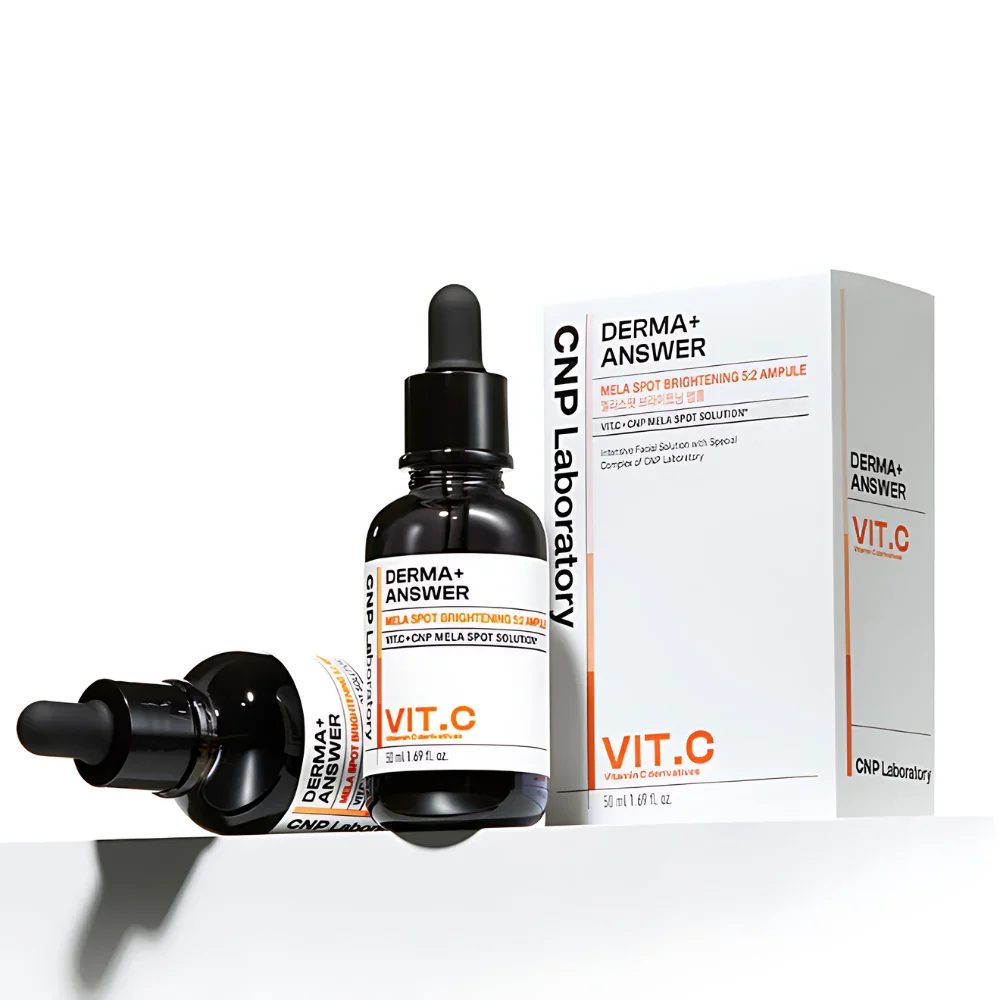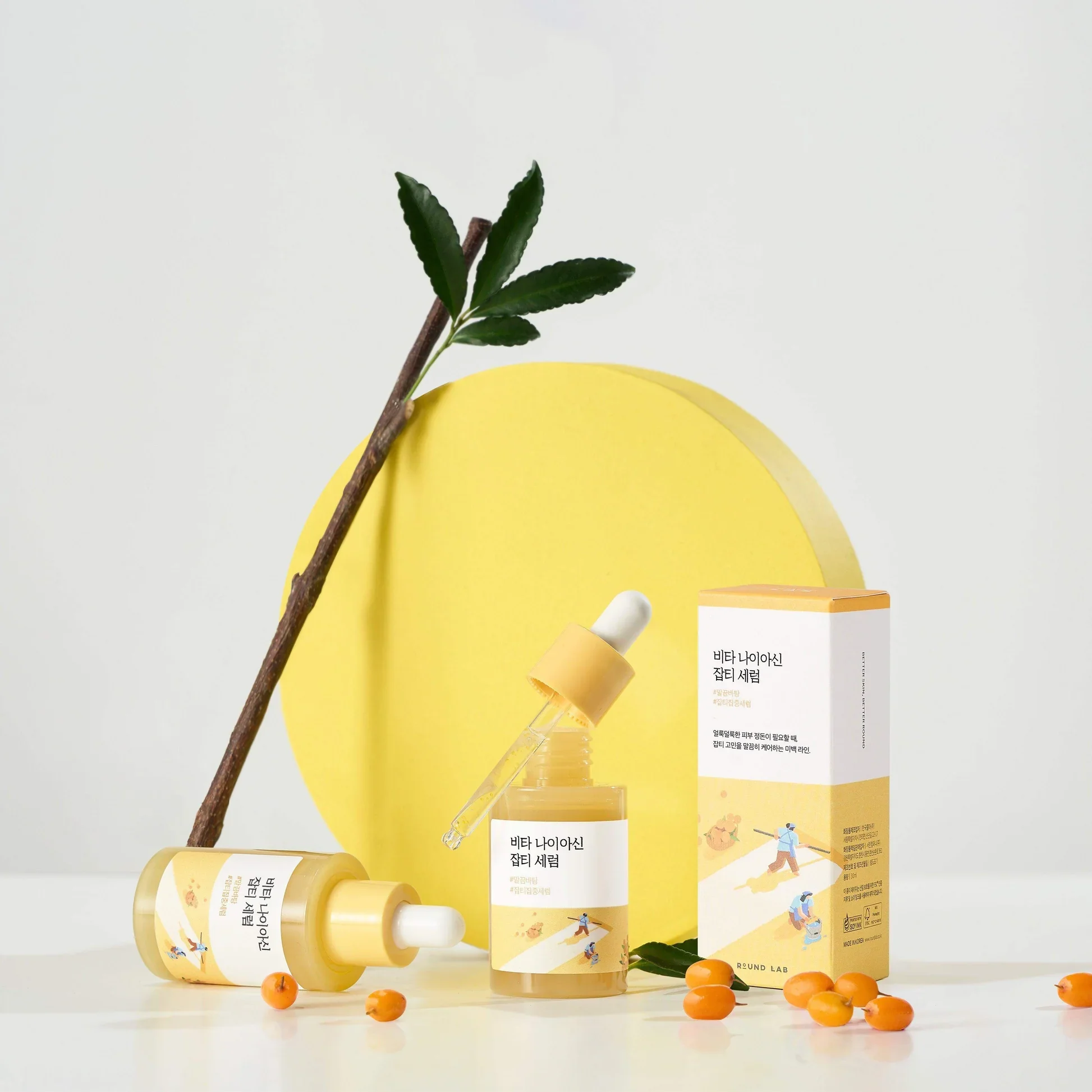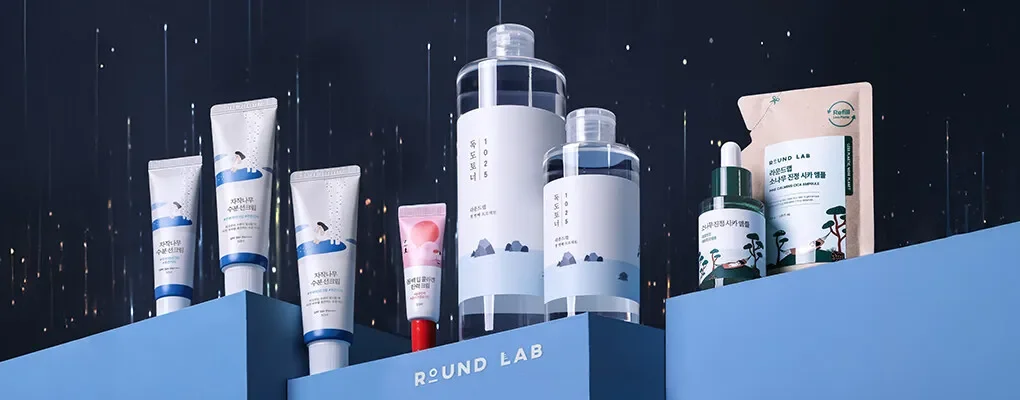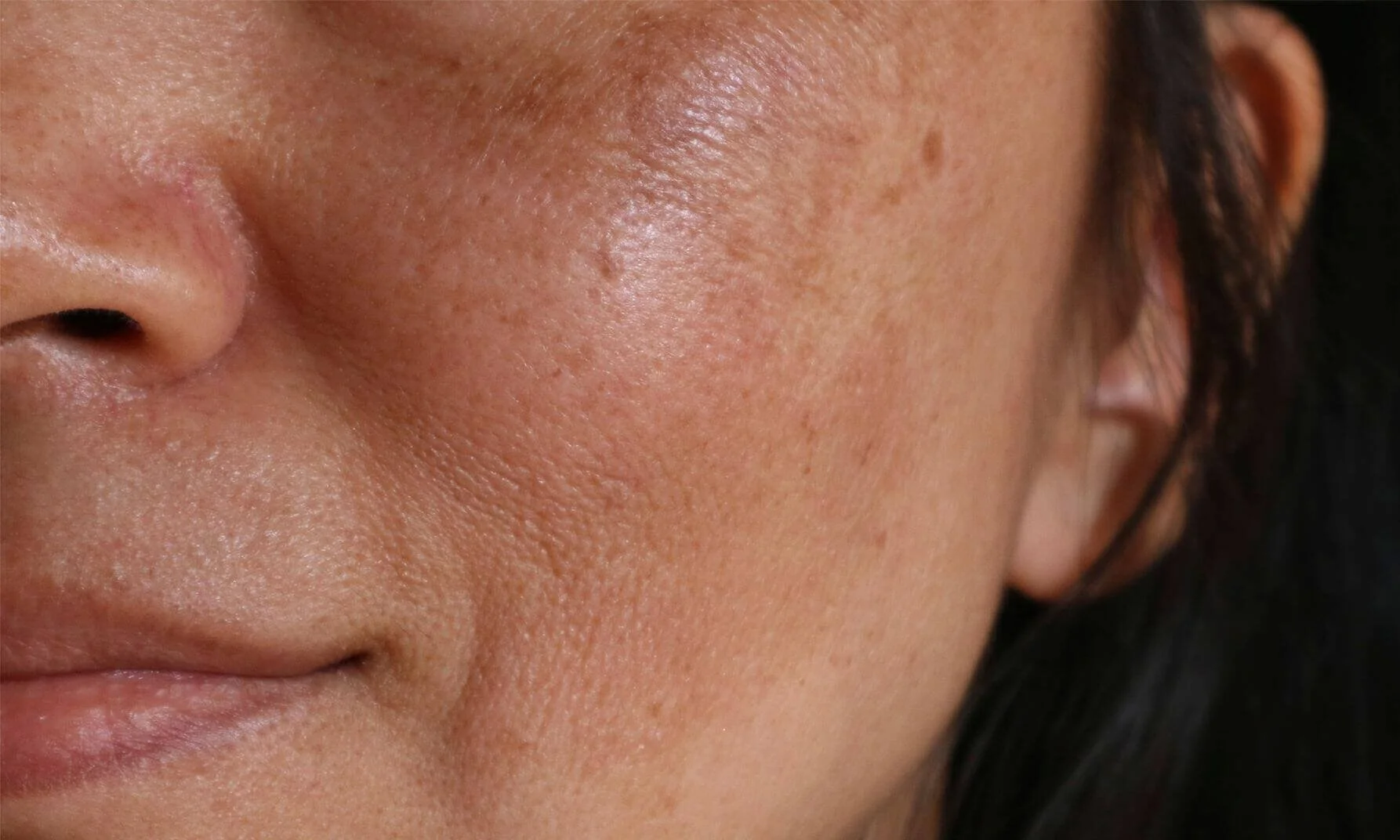Vitamin C for Your Skin: What It Does, How to Use It, and the Best K-beauty Picks
If there’s one ingredient that deserves a permanent spot in your skincare routine, it’s Vitamin C. This powerful antioxidant not only helps protect your skin from environmental stressors but also supports collagen production and brightens your complexion—key steps toward healthy, glowing skin.
With so many formulations available, finding the best Vitamin C serum can feel overwhelming. Luckily, K-beauty brands are leading the way, offering gentle yet effective products you can trust to deliver visible results without irritation.
In this guide, we’ll explore why Vitamin C matters, how it works on your skin, the differences between pure Vitamin C and its derivatives, and how to choose and use it correctly. Plus, I’ll share trusted K-beauty Vitamin C picks to help you achieve brighter, healthier skin with confidence.
Some links are affiliate links. If you choose to purchase through them, it helps support my work at no extra cost to you.
Table of Contents:
Why Vitamin C Matters in Skincare
How Vitamin C Works on the Skin
Pure Vitamin C vs. Its Derivatives
How to Choose the Right Vitamin C Serum
How to Use Vitamin C in Your Routine
Final Thoughts: Brighter, Healthier Skin with Vitamin C
Why Vitamin C Matters in Skincare
Skincare is full of anti-aging products and powerful ingredients, but few can multitask like Vitamin C. This superstar stands out for its ability to brighten, protect, and support your skin’s health—especially when combined with other active ingredients.
Vitamin C (ascorbic acid) is an essential ingredient alongside retinol, niacinamide, and gentle chemical exfoliants. Our bodies can’t produce it naturally, so replenishing it is essential. While a healthy diet supports overall wellness, it won’t automatically boost your skin’s Vitamin C levels.
Topical Vitamin C delivers this powerful antioxidant directly to your skin, helping protect against environmental stressors like pollution, UV, and HEV light, while supporting collagen production and maintaining a radiant, glowing complexion.
How Vitamin C Works on the Skin
So, why is it so important to give your skin a dose of Vitamin C? This multitasking ingredient supports your skin in several key ways:
Antioxidant protection & boosting your sunscreen
Vitamin C is a water-soluble antioxidant that helps combat free radicals—tiny “enemies” that contribute to visible signs of aging. Free radicals are unavoidable, triggered by sun exposure, pollution, and even normal biological processes. Topical Vitamin C helps neutralize them, protecting your skin at the cellular level and even supporting DNA repair. Using Vitamin C in the morning can also enhance your sunscreen’s effectiveness, which is crucial since up to 80% of visible aging is caused by UV damage.
Supporting collagen production
Vitamin C stimulates your skin’s natural collagen production, which is essential for maintaining firmness and reducing fine lines. Collagen in creams can only hydrate superficially, but Vitamin C actually supports your skin’s ability to produce it internally. Studies show that even a 5–10% Vitamin C serum can visibly improve wrinkles and skin elasticity over a few months of consistent use.
Reducing pigmentation and dark spots
Fading dark spots requires patience, but Vitamin C can help at the source by inhibiting tyrosinase, the enzyme responsible for pigment formation. Combined with gentle exfoliants, retinol, or niacinamide and proper sun protection, it can gradually lighten pigmentation over 12–16 weeks, helping even out skin tone.
Enhancing skin radiance
Thanks to its antioxidant properties, Vitamin C supports healthy cell function and helps restore dull, tired-looking skin to its natural glow. Its brightening effects are noticeable even in the short term, giving your complexion a radiant, refreshed appearance.
Pure Vitamin C vs. Its Derivatives
Vitamin C is such a superstar ingredient that it has inspired a whole family of derivatives. While these derivatives may not always carry every single benefit of pure Vitamin C, many share several key properties and can be excellent alternatives—especially for sensitive skin or formulations that require more stability.
Pure Vitamin C (Ascorbic Acid, AA)
Most research on Vitamin C focuses on pure ascorbic acid, also known as L-ascorbic acid. And it’s no surprise.
This form unites all the key benefits we’ve discussed so far. On top of brightening, collagen support, pigmentation reduction, and antioxidant protection, pure Vitamin C also has additional anti-inflammatory properties and, over time, can help improve skin firmness and overall balance. It’s truly a powerhouse ingredient.
Optimal concentration: Pure ascorbic acid works best in concentrations between 10–20%, with 15% often considered a best-practice amount.
Boosting effects with other antioxidants: Combining Vitamin C with other antioxidants can amplify its benefits.
The legendary trio: Vitamin C, Vitamin E (Tocopherol), and Ferulic Acid are known for their synergistic effects.
Vitamin E doubles the photoprotective benefits of Vitamin C, enhancing its antioxidant and sunscreen-boosting effects.
Ferulic Acid further doubles this boosted effect.
Result: When formulated in the right ratios, this trio can be up to eight times as effective as Vitamin C alone, making it one of the most potent combinations in skincare.
Here are some of the best Korean Vitamin C serums with pure Vitamin C you can trust:
Derma Factory Vitamin CE Ferulic Pure Ampoule 15
15% Ascorbic Acid
0.1% Vitamin E
1% Ferulic Acid
A minimalist Vitamin C serum with a potent yet simple formula. Transparent, straightforward, and focused only on what truly benefits the skin.
13% Ascorbic Acid
3-O-Ethyl Ascorbic Acid
Allantoin
Hyaluronic Acid
With a Vitamin C concentration slightly lower than Derma Factory, this serum also contains soothing Allantoin and hydrating Hyaluronic Acid, making it an ideal choice for skin that tends to be sensitive.
19% Pure Ascorbic Acid
0% Water (waterless formula)
A pure Vitamin C serum in a water-free formula, giving it a thicker texture. Ideal for drier skin types or as part of a winter routine.
5% Ascorbic Acid
Sodium Hyaluronate
Bambusa Vulgaris Water (76.23%)
A gentle 5% Vitamin C concentration makes this serum perfect for beginners or sensitive skin, providing a mild introduction to the benefits of pure Vitamin C.
Why Derivatives Exist
Pure Vitamin C (ascorbic acid, AA) is incredibly effective, but it also has some challenges:
Instability: In water-based serums, ascorbic acid can lose potency within 3–6 months, even with careful formulation. Over time, the serum may turn yellow or brown, signaling a reduction in Vitamin C content.
Absorption difficulties: Our skin absorbs oil-soluble ingredients more easily than water-soluble ones like ascorbic acid. This means that topical Vitamin C may not always penetrate deeply.
Potential irritation: High concentrations (10% or more) of pure Vitamin C can cause tingling or stinging, which may be uncomfortable for sensitive or rosacea-prone skin.
Derivatives were developed to address these challenges. They are generally more stable, easier to formulate, and sometimes gentler on the skin. While their potency can be slightly lower than pure ascorbic acid, they still offer significant benefits, making them valuable options for many routines.
Ethyl Ascorbic Acid (EAC)
Ethyl Ascorbic Acid (EAC) is a stable Vitamin C derivative with several advantages:
High Vitamin C content: EAC contains a higher concentration of active Vitamin C compared to most other derivatives (over 80%), and studies from manufacturers indicate it effectively converts into pure Vitamin C once absorbed by the skin.
Stability: Unlike pure ascorbic acid, EAC is more stable and can dissolve in both water and oil-based formulations.
Good absorption: EAC is reported to penetrate the skin more easily than other derivatives, including Ascorbyl Glucoside, making it a promising choice for effective topical delivery.
What this means for your skin:
Provides antioxidant and anti-inflammatory benefits
Supports collagen production
Particularly effective at reducing pigmentation and dark spots
Note: While EAC does not yet have the same extensive clinical research as pure ascorbic acid, current data from manufacturers is very promising, suggesting it can deliver many of the key benefits of Vitamin C in a stable, skin-friendly form.
Ascorbyl Glucoside (AG)
Ascorbyl Glucoside (AG) is considered one of the most promising Vitamin C derivatives, with more supporting information available beyond just manufacturer data. Its key advantages include:
Stability: Unlike pure ascorbic acid, it is more stable, making it easier to formulate and longer-lasting in products.
Good absorption: Lab studies suggest it penetrates the skin effectively.
Retains core benefits of Vitamin C: Though slightly milder than pure AA, it still provides:
Antioxidant and anti-inflammatory effects
Support for collagen production
Pigmentation-reducing effects
Additionally, in concentrations of 10–12%, Ascorbyl Glucoside can be ideal for sensitive skin, offering many of Vitamin C’s benefits with reduced risk of irritation.
Tetrahexyldecyl Ascorbate (ATIP)
Tetrahexyldecyl Ascorbate (ATIP) is an oil-soluble Vitamin C derivative that is more stable and easier to formulate than pure ascorbic acid. Among Vitamin C derivatives, it stands out as particularly promising, though most of the evidence currently comes from manufacturer data and lab studies.
An independent study comparing a 7% ATIP silicone-based formula with a 10% pure ascorbic acid formula found that while pure Vitamin C tended to remain in the skin’s outer layers, ATIP penetrated more quickly and deeper, also helping to reduce wrinkles. Although this was a small study (10 participants), the results are encouraging.
What this means for your skin:
Provides antioxidant and anti-inflammatory benefits
Supports collagen production, potentially even more effectively than pure Vitamin C
Helps reduce pigmentation and dark spots
ATIP is a particularly attractive option for formulations where deeper penetration and stability are priorities.
Sodium Ascorbyl Phosphate (SAP)
Sodium Ascorbyl Phosphate (SAP) is a Vitamin C derivative that offers many of the benefits of pure ascorbic acid, but with some added advantages—particularly for acne-prone skin. Studies show that 1% SAP can combat the bacteria (C. acnes) that cause inflamed pimples, while 5% SAP provides significant anti-inflammatory and antibacterial effects.
Antioxidant benefits: Provides antioxidant protection, though slightly less potent than pure Vitamin C.
Collagen support: Stimulates collagen production, though to a slightly lesser degree than pure AA.
Pigmentation reduction: Helps reduce dark spots and even out skin tone.
Anti-inflammatory and antibacterial: Especially beneficial for acne-prone skin, making it a valuable ingredient in formulations targeting breakouts.
SAP is an excellent option for those seeking a gentler, multi-tasking Vitamin C derivative that can brighten, support skin structure, and help manage acne simultaneously.
Magnesium Ascorbyl Phosphate (MAP)
Magnesium Ascorbyl Phosphate (MAP) is a stable, water-soluble Vitamin C derivative that delivers antioxidant, collagen-boosting, and brightening benefits while being gentle on sensitive skin. It works at a higher pH than L-ascorbic acid, making it less irritating and easier to tolerate.
Antioxidant protection: Neutralizes free radicals and protects skin from environmental stressors.
Collagen support: Encourages collagen synthesis, improving skin firmness and reducing fine lines.
Brightening: Helps fade dark spots and hyperpigmentation for a more even complexion.
Hydration: Supports the skin’s natural moisture barrier for a plumper, healthier look.
Gentle on skin: Ideal for sensitive or easily irritated skin, unlike stronger acids.
MAP is a reliable choice for those seeking a stable, mild, and effective Vitamin C derivative that brightens, supports skin structure, and can be incorporated safely into daily skincare routines.
Here are some of the best Korean Vitamin C serums with stabil Vitamin C derivatives:
CNP Derma+ Answer Mela Spot Brightening Ampoule
Sodium Ascorbyl Phosphate (≈3%)
Ascorbyl Glucoside (≈2%)
Ascorbyl Palmitate
This derivative-rich Vitamin C serum also contains Ferulic Acid, Glutathione, and Niacinamide, focusing on brightening the skin and fading dark spots.
3-O-Ethyl Ascorbic Acid (0.01%)
Ascorbic Acid (0.005%)
Niacinamide (3%)
If your main concern is dull skin, this serum uses Vitamin C derivatives and gentle PHA and LHA exfoliants to brighten the complexion while keeping skin hydrated with sodium hyaluronate.
3-O-Ethyl Ascorbic Acid (0.01%)
Niacinamide (2%)
Sea Buckthorn Fruit Extract (86.14%)
This serum combines Vitamin C derivative with niacinamide and antioxidant-rich sea buckthorn, offering gentle brightening. I recommend for those with dull or uneven skin who want a gentle, daily Vitamin C serum that also supports hydration and overall skin balance.
Niacinamide (5%)
3-O-Ethyl Ascorbic Acid
Hippophae Rhamnoides Fruit Water & Extract
Panthenol
This serum targets dark spots and uneven tone with a low-irritation formula. I recommend it for sensitive or blemish-prone skin seeking daily brightening without irritation.
How to Choose the Right Vitamin C Serum
Based on everything I’ve covered, here’s a quick guide to help you decide.
If your skin isn’t particularly sensitive, pure Vitamin C (ascorbic acid) is generally the best choice.
Water-soluble Vitamin C is easily absorbed by the skin, which means it works quickly and is perfect for morning use to boost your sunscreen’s effectiveness. Pairing it with other antioxidants can further enhance its power. If you prefer a slower absorption or don’t like the liquid texture, a water-free Vitamin C serum is also a good option.
For sensitive skin, derivatives are usually the safer choice, as they are gentler and less likely to cause irritation.
If your skin is acne-prone, a formula containing Sodium Ascorbyl Phosphate (SAP) can be particularly helpful, thanks to its antibacterial and anti-inflammatory properties.
For drier skin, an oil-soluble option like Tetrahexyldecyl Ascorbate (ATIP) in a lotion or serum can provide extra hydration while still delivering all the benefits of Vitamin C.
Choosing the right form for your skin type helps you get the most out of Vitamin C’s antioxidant, collagen-boosting, and brightening effects, while keeping your routine gentle and effective.
How to Use Vitamin C in Your Routine
Vitamin C is a powerful antioxidant and sunscreen booster, which is why it’s generally a great idea to use your Vitamin C serum in the morning whenever possible. This is easiest with water-based pure C serums or lightweight, gel-like formulas containing derivatives.
If your skin is drier, or if you don’t mind a slower absorption, oilier or creamier textures can also be used in the morning—but these are usually better suited for evening use, when application is simpler. Even if you don’t get the sunscreen-boosting effect at night, all the other benefits of Vitamin C are still fully active.
When it comes to derivatives, it’s best to follow the same texture-based approach: apply water-based or gel serums first, then move on to thicker, emulsion-like textures, and finish with creamy or oil-based formulas.
Final Thoughts: Brighter, Healthier Skin with Vitamin C
Vitamin C is truly a multitasking powerhouse—protecting your skin from environmental stress, boosting collagen production, fading pigmentation, and enhancing your natural radiance. Whether you choose pure ascorbic acid or one of its gentle derivatives, the key is consistency and finding the form that suits your skin best.
If you want to dive deeper, check out my other blogs, guides, and eBooks for more tips on building a glowing, healthy skincare routine. For personalized advice tailored specifically to your skin type and concerns, you can explore my custom skincare routine service.
Let’s keep the conversation going! Follow me on Instagram @gabriella_sebestyen for daily tips, product insights, and inspiration for radiant skin.



